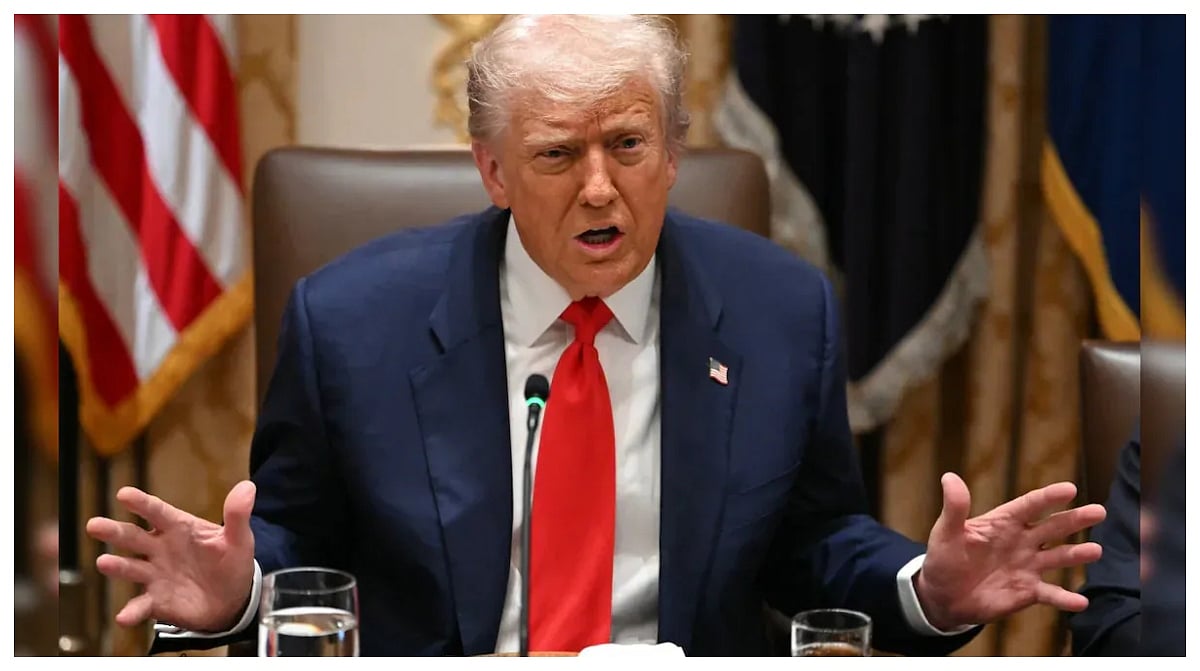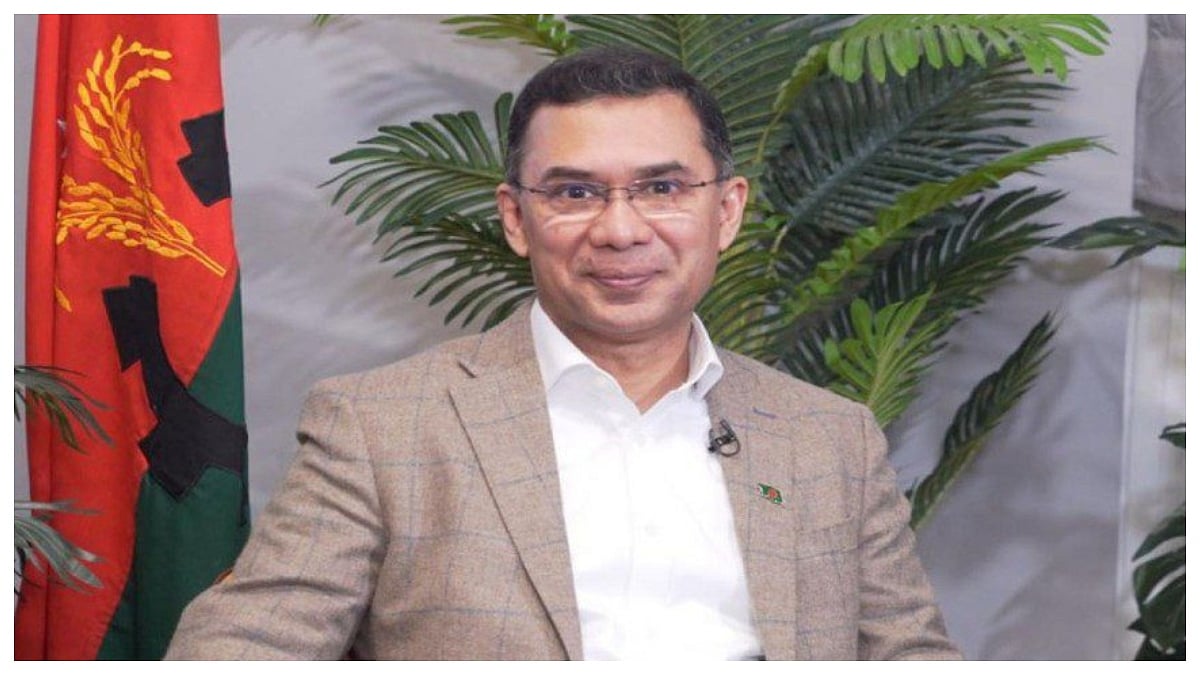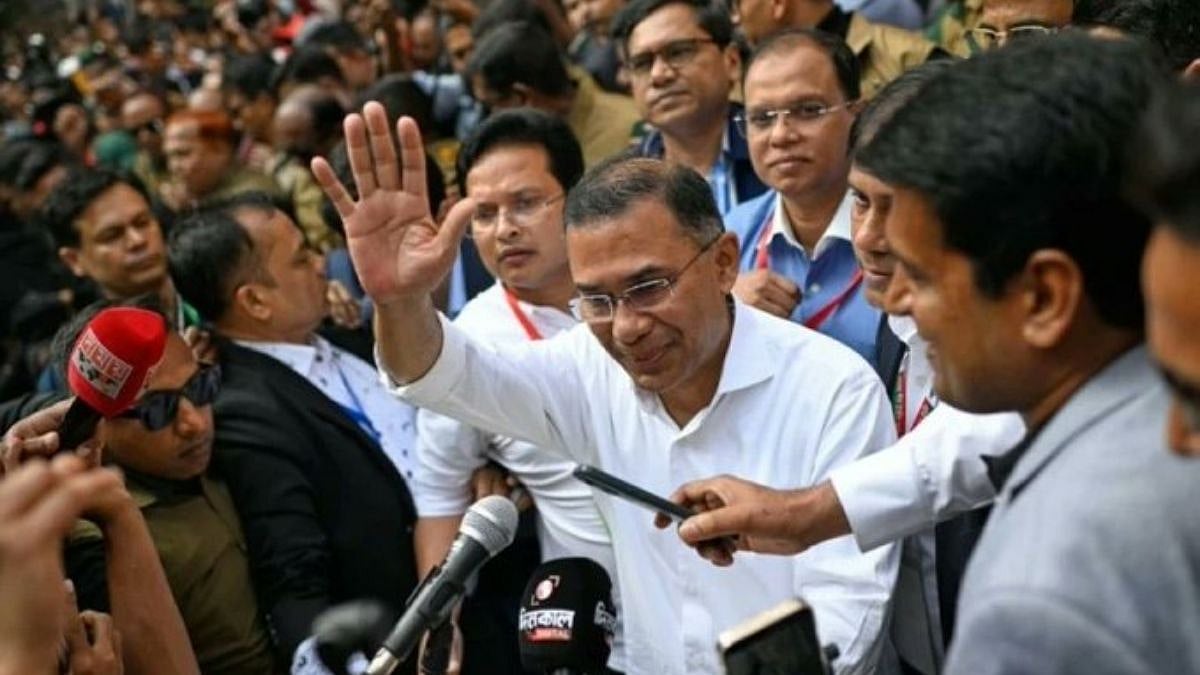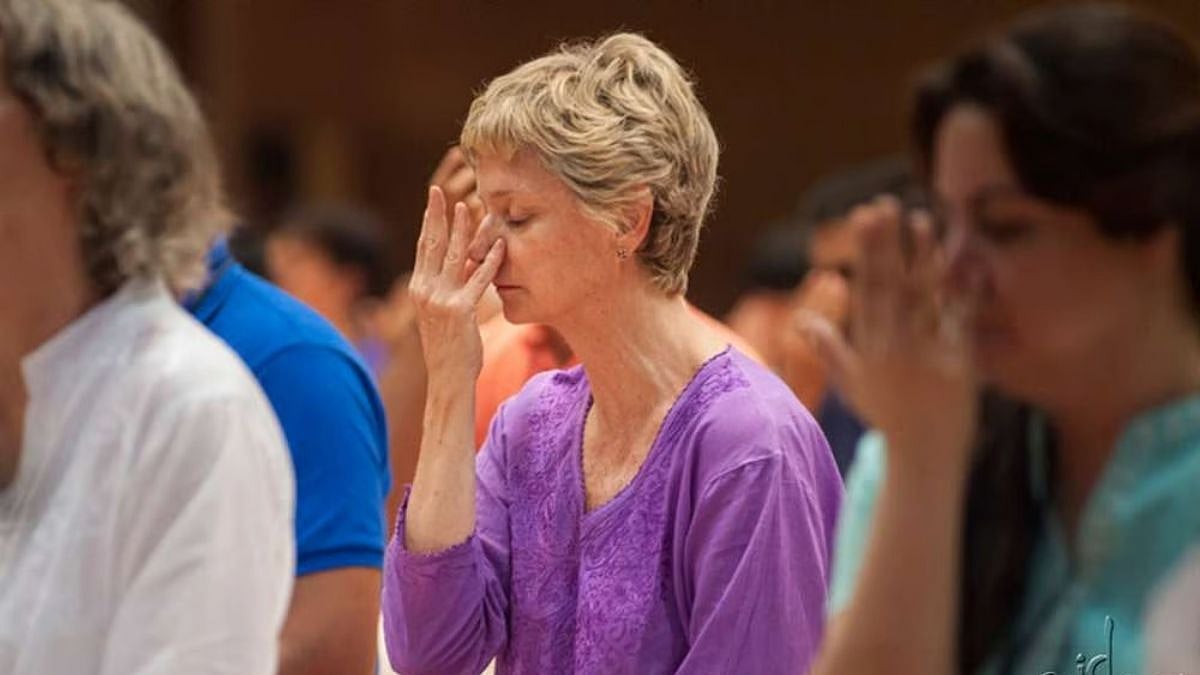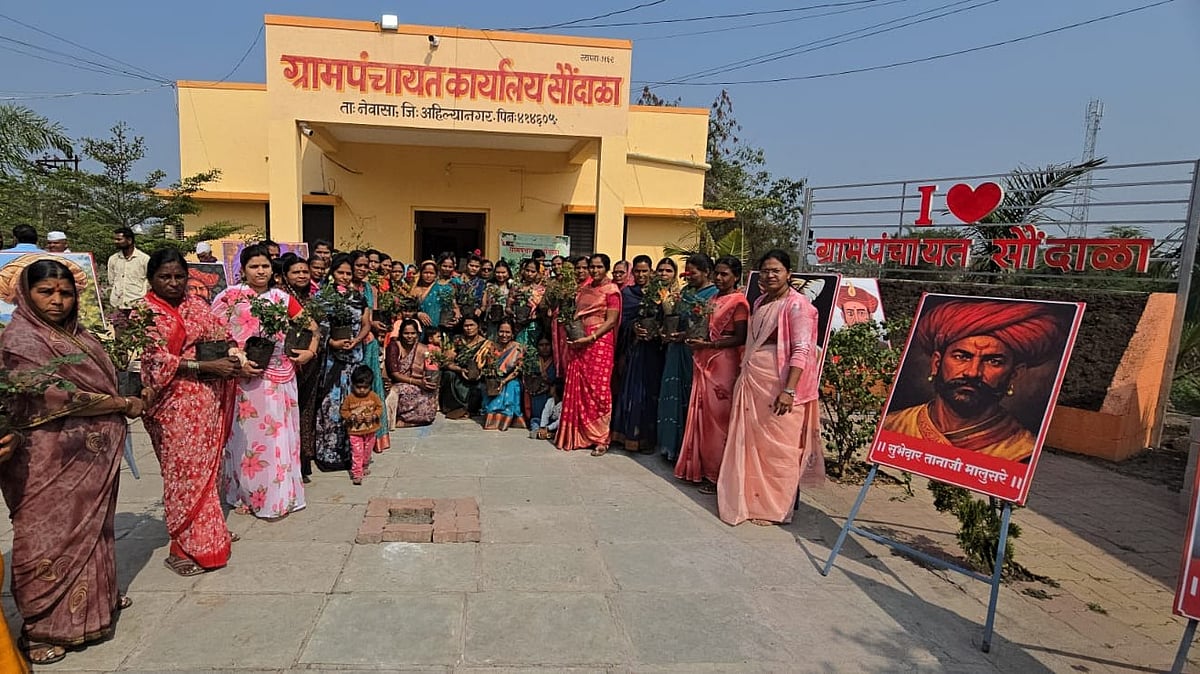The precipitous fall in the share prices of Adani Group companies following the Jan 23 report of Hindenburg Research, a short-selling firm, have captured the headlines for the past two weeks.
The good news is that Indian stock market, financial institutions, and investing firms are hardly affected. Public confidence in Indian stocks is not dented, because of the overall underlying strength of the economy, strong growth momentum and public trust in institutions. Only 3.26% of the Adani shares are held by retail investors and mutual funds, and therefore the impact of the crisis on the Indian stock market is marginal. The group’s share values saw a meteoric rise of over 800% in a few years, and therefore long-term investors like LIC have still made capital gains despite the recent fall in value. The prepayment of some of the loans by the group, and the withdrawal of IPO after full subscription restored confidence in the group’s liquidity and debt serving capacity. All this is good news for India’s capital markets and growth story.
At long last, there seems to be a prospect of 7% or more annual growth for the next two decades or more. This growth is vital for eradicating poverty, creating productive employment, improving lives and incomes and the nation joining the ranks of developed economies. The government is taking determined steps to build infrastructure. A lot remains to be done in improving educational outcomes and skills. The National Education Policy provides a credible road map for enhancing productivity through skills; the Union and States need to come together and improve outcomes and skills on war footing. Healthcare outcomes are still poor, and we need a credible universal healthcare programme at an affordable cost encompassing family care to tertiary care in order to reduce poverty and increase productive capacity. All these are the most critical governance challenges in the coming years.
Much more needs to be done. The Adani episode once again demonstrates that 19th century politics and 21st century economy cannot coexist, as I argued in this column (Oct 23, 2022). What then, should be done?
It is vital that the global and Indian investing community has complete confidence in our commitment to scrupulous fairness, equal treatment, and genuine competition without bias. If the market suspects that our governments — at union and state levels — play favourites in the market, investments will dry up and growth will be impeded. Over the decades, the strong perception is that governments have been supporting favoured entrepreneurs. Adani Group grew in large part by acquisition of other companies. While the original owner-promoters may have got a fair deal for selling the assets, there are persistent rumours of the government putting the thumb on the scale to ease the process of acquisition. This perception of close nexus between business and politics is detrimental to rule of law and rapid growth.
It will take sustained and energic efforts to insulate economic fortunes of enterprises from political vagaries. It is not easy or simple in a culture fostered by decades of license-permit raj and state control and patronage. In the wake of the Tehelka sting operation of 2001, Foundation for Democratic Reforms and I have successfully persuaded political parties across the spectrum to address the needs for legitimate funding for genuine political activity. As a result, the ruling NDA government under Mr Vajpayee and Congress came together and enacted unanimously the Election and Other Related Laws (Amendment) Act, 2003 providing for legitimate funding to political parties through tax-exemption to donors and transparent funding. Dr Manmohan Singh in opposition and Mr L K Advani and Mr Arun Jaitley in government came together to make it happen. Once the law was enacted, BJP decided not to accept cash contributions, and insisted on donations by cheque, as donors would anyway get tax exemption under the law. Very reliable and highly placed sources repeatedly confirmed to me that despite BJP being in power under Mr Vajpayee, the donations to the party declined drastically once they insisted on contributions by cheque! The party eventually decided to fall in line with the prevailing practice of receiving cash donations.
This story had consequences. When BJP came to power under Narendra Modi, Arun Jaitley, who earlier piloted the 2003 law as Law Minister, became the Finance Minister. His legalistic response to the problem his party faced was to create secret electoral bonds, which served two purposes: contributions can be received by cheque and the party would account for utilisation of funds; and secrecy of donor is protected so that the donor companies are not victimised by other political parties. Clearly, this response and resulting secrecy in legitimate electoral funding are detrimental to democratic accountability and transparency. But the underlying reason for all this is that even now businesses depend on good will and patronage of parties in power in India. All parties need to work together and insulate businesses from partisan politics. In North America and Western Europe, in general, business fortunes depended on market forces, not political patronage or bias. We need to assiduously build guardrails to protect the business enterprises from partisan politics if we are to sustain high growth.
An even greater challenge is the enormous need for illegitimate funds for bribing voters during elections, and to engineer defections after the election. The menace of illegitimate money power in politics is growing exponentially. We need a concerted, systemic response to this perversion of democracy. We need to explore alternatives to the first-past-the-post model of election which in our conditions has made politics a high-cost, high-risk enterprise, and promoted massive, reckless vote buying. The results are unbridled corruption, abuse of power, rent seeking, poor services, perverse political recruitment, inefficient and weak governance and political and economic stagnation. Status quo is not an option. Narendra Modi has the power and public trust to alter the nature of our politics. He must act to safeguard his legacy and place in history, and to put our democracy on track to greatness.
The author is the founder of Lok Satta movement and Foundation for Democratic Reforms. Email: drjploksatta@gmail.com / Twitter @jp_loksatta


